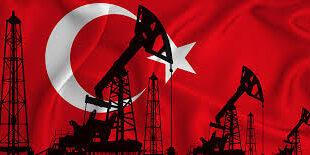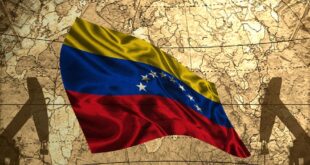Resource-poor Japan is launching the most important energy policy discussions in its post-World War Two history, aiming to strike a balance between the need to boost its energy security with conventional sources and its pledge to become a net-zero economy by 2050.
The industry ministry of one of the world’s most industrialized nation, which imports nearly all the commodities it consumes, launched on Wednesday formal discussions about its future energy policy.
Amid the energy crisis in 2022, which led to record-high natural gas prices, Japan pivoted back to nuclear energy, aiming to boost its energy security with domestic energy production.
But the country still imports all the oil and natural gas it consumes, and it is the world’s second-largest LNG importer after China, having held the top spot before 2022.
The talks on the new energy policy would lead to the first revision of the country’s energy plan since Japan decided to double down on nuclear power generation, Reuters notes.
At present, fossil fuels account for about 70% of Japan’s electricity, which would be a clash with its net-zero goal.
Japan is estimated to be the country with the world’s fifth-largest carbon footprint, preceded only by China, the United States, India, and Russia.
“I have a strong sense of urgency that Japan is now at the most difficult post-war point in its energy policy,” Reuters quoted Japanese Industry Minister Ken Saito as saying at a meeting of energy and industry experts who launched talks on the new energy plan.
Currently, Japan is bringing back nuclear power as a key energy source, looking to protect its energy security in the wake of the energy crisis that led to surging fossil fuel prices. The resource-poor country which needs to import about 90% of its energy requirements, made a U-turn in its nuclear energy policy at the end of 2022, as its energy import bill soared amid the energy crisis and surging costs to import LNG at record-high prices.

 Iran Energy News Oil, Gas, Petrochemical and Energy Field Specialized Channel
Iran Energy News Oil, Gas, Petrochemical and Energy Field Specialized Channel



